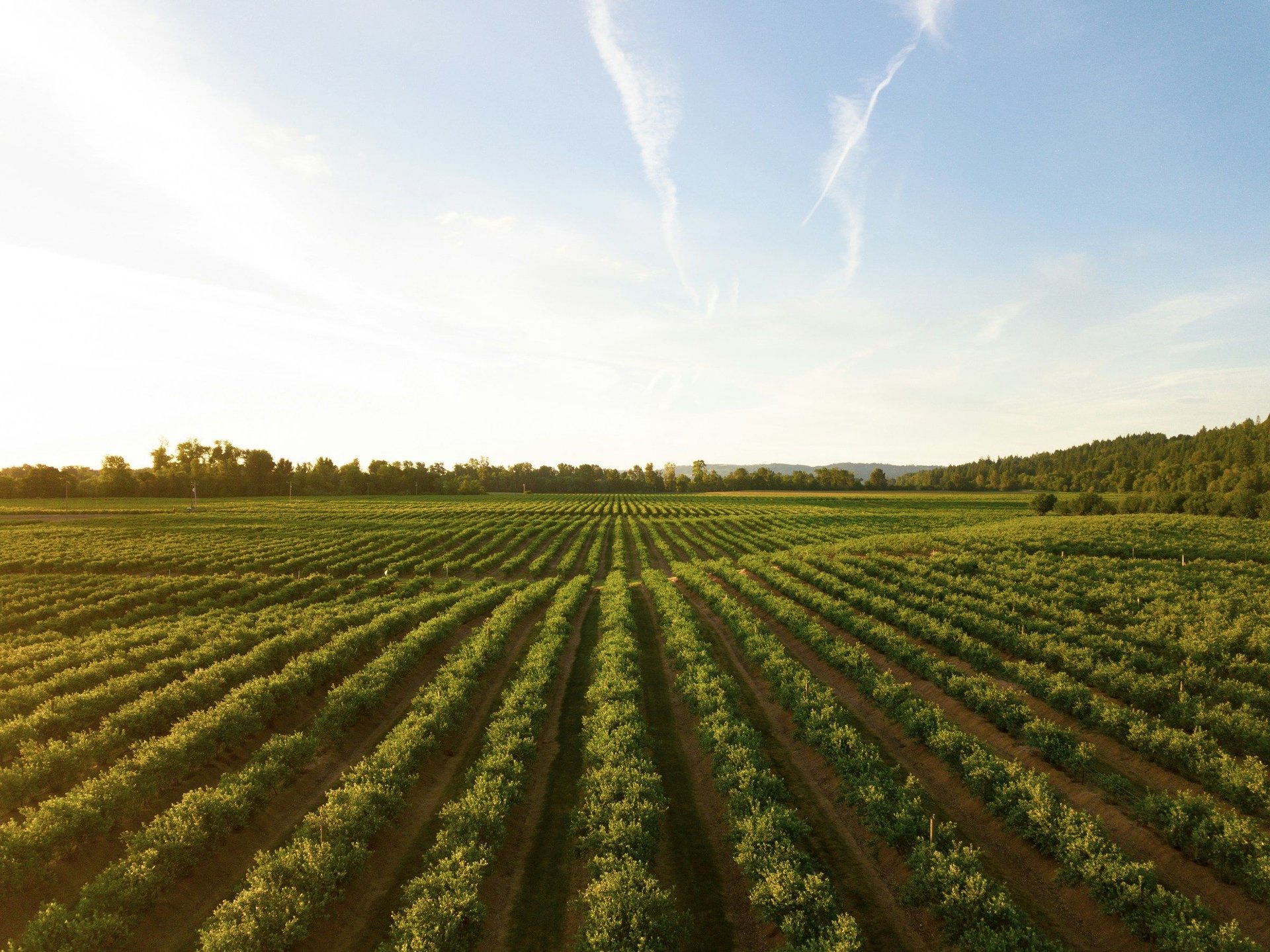7 industries being shaped by green innovation
Green innovation is drastically changing global industries, helping the planet and affecting your daily life.

Ronan Furuta | Unsplash
Environmental concerns are more prominent than ever. Plastic pollution is clogging the oceans while carbon emissions fill the atmosphere. You’re not alone if your green values have shaped how you cook, sort your trash, shop, and even care for your garden. The world’s largest climate survey found that 81% of people support protecting nature, so manufacturers are changing to meet that preference.
Consumer trends have shaped markets since people began selling products and services. Businesses need to provide what customers want while making their brands more competitive within their industries. Showing their support for sustainability and openness to change is one way to impress modern consumers who put the planet first in their purchasing habits.
Workplace leaders are shaping numerous aspects of their companies with sustainable values by changing how they raise capital and position their brand. Adapting how their business functions meets consumer demand while positioning them as environmentally conscious industry changers.
You might notice more eco-friendly products in various marketplaces as brands adopt innovative green ideas. They’re trying to meet consumer needs and remain competitive. Businesses also benefit from green practices in other ways: They may earn environmental tax credits with operational changes or gain deductions by donating to environmental charities. Tools like solar panels also reduce monthly operating costs through lower electricity consumption.
While sustainable industry-wide changes might not happen solely to help the planet, they can still be a step in the right direction for consumers and company leaders. Understanding how some industries are adapting will reveal who’s making environmental progress and how that might impact your daily life.
1 / 7
1. Fashion

Aviv Rachmadian | Unsplash
The fashion industry is notorious for dumping chemicals into waterways and mass-producing clothing for single-use outfits. Innovative ideas like dying clothes with plant-based inks, upcycling discarded fabrics, and using recycled plastics in synthetic blends make clothing producers prioritize the environment without compromising product quality. You might not even notice you’re wearing a sustainably made shirt compared to fast fashion alternatives because the manufacturing processes are so refined.
2 / 7
2. Automotive
.jpg)
Lenny Kuhne | Unsplash
When you picture industries selling greener products, electric cars might be one of the first things you think of. Switching from a gas-powered vehicle to an electric battery model is good for the environment, but it’s not your only option. Automotive companies are investing in alternative fuels, too. One day soon, you might drive a car that uses biobutanol or ammonia instead of fossil fuels. Plant-based alternatives are renewable and more widely available than finite oil reserves.
3 / 7
3. IT and Data

Adi Goldstein | Unsplash
Green technologies do the same much-needed functions without harming the environment. Tech leaders understand that one in five business imperatives for going green focuses on their IT departments. Eco-friendly data centers, low-energy processors, and upcycled computer parts help the planet in numerous ways. You’ll still surf the web or use your phone as the tech industry goes green, but you may feel better knowing that the technology aligns with your sustainable values.
4 / 7
4. Construction

Jeriden Villegas | Unsplash
People will always need new homes, businesses, schools, and roadways. The vital work generates environmental pollution, so construction leaders are going green. They’re using concrete made with a new formula to absorb carbon dioxide from the air. Low-energy building designs and recycled materials redefine what traditional construction can look like. Every effort helps the planet and the general public.
5 / 7
5. Shipping
.jpg)
William William | Unsplash
The maritime shipping industry accounts for 2% of global carbon emissions, which doesn’t include the giant 18-wheelers you see transporting goods on highways. Shipping companies understand the planetary impact of their necessary services, so they’re adapting with innovative ideas. Combining orders into one ship date, updating transportation methods with hybrid engines, and compostable packaging help make the industry greener while ensuring that your purchases arrive on time.
6 / 7
6. Agriculture

Dan Meyers | Unsplash
Growing crops requires land and changes soil nutrient profiles, but it doesn’t have to harm the planet. The last decade has seen a 167% increase in renewable energy equipment on farms, like wind turbines powering industrial equipment. You can continue enjoying your fresh produce and grocery store products without worrying about the environment as much. Many farms partnered with big food manufacturers are making green changes to how they feed the general public.
7 / 7
7. Livestock

NighthawStudio | Unsplash
Raising livestock accounts for 12% of global carbon emissions, so the meat industry is changing to minimize environmental damage. Ranchers are using rainwater to offset some of their animals’ water intake. Some livestock farmers power their properties with solar panels and use electric equipment to care for their animals. Decreasing emissions and dependency on limited natural resources make the livestock industry more eco-friendly for those who prefer meat.
